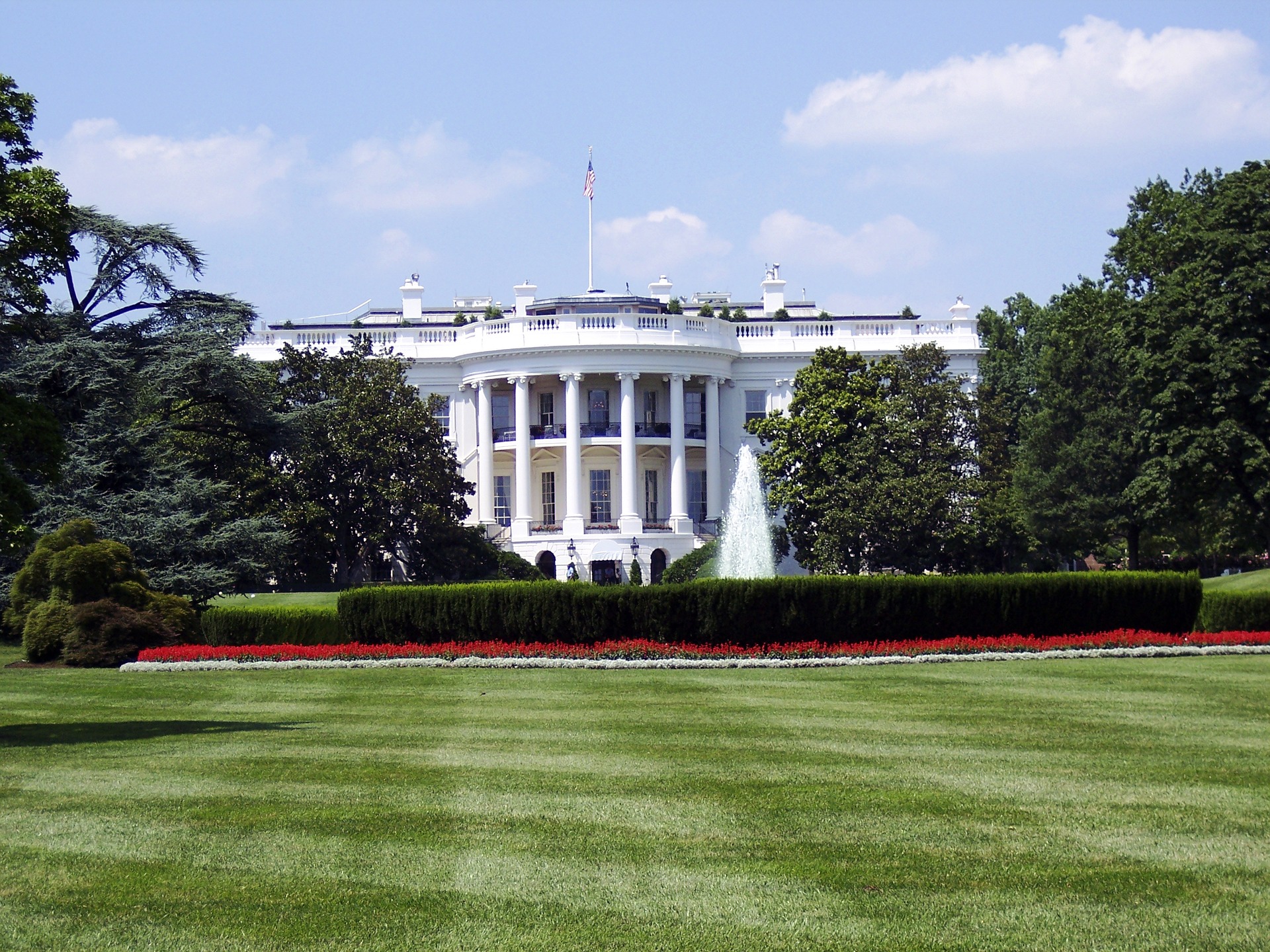Sophomores Use Philosophical Chairs to Explore, “Should the US continue to use the Electoral College to elect the President?”

Mica Vahl, a civics teacher and Social Studies Assistant Division Chair at Lyons Township High School, recently earned her Gold badge in the use of current and controversial issue discussions through the Guardians of Democracy Microcredentials program. Mica’s Gold badge is the culmination of deep and rigorous learning, application, and reflection to support classroom deliberations per the Illinois Civics and Social Science requirements. For her capstone project, Mica used the strategy of Philosophical Chairs to facilitate student-to-student discussion of the question, “Should the US continue to use the Electoral College to elect the President?”
Mica was one of 33 participants in this fall’s Guardians of Democracy cohorts led by the Illinois Civics Hub. In addition to the course on classroom discussions, there were also courses on simulations of democratic processes and informed action through service learning.
We asked Mica to share her reflections on her Philosophical Chairs activity. Here are her responses.
Briefly describe your topic for your current and controversial issue discussion. What prompt did you use? Why is this an open and relevant issue for students?
The topic I used for this discussion was the Electoral College. “Should the US continue to use the Electoral College to elect the President?” Understanding the Electoral College and how the president is elected continues to be an important part of a student’s awareness of campaigning and elections.
What strategy did you use for this discussion? Why did you choose this strategy?
I chose Philosophical Chairs for this discussion because there are multiple pieces of evidence on this topic. Because it is a topic that is difficult for students to understand, the Philosophical Chairs strategy allows students to ‘change their mind’ as they learn.
Students were given specific links to resources that explained the purpose of the Electoral College and evidence to support “both sides” of this issue. Students used a graphic organizer to record the evidence they found most important on their topic.
How did this activity deepen students’ disciplinary content knowledge and/or meet learning targets?
Students successfully described how the Electoral College works in a claim and evidence writing statement, as well as provided evidence for their opinion using factual evidence (stats, historical research, etc.) in their statements.
How did this project deepen students’ knowledge of themselves and their community?
Students have a better understanding of the role of citizens in an election. Students are anxious to apply what they’ve learned as they watch the next election night’s returns. Some researched how they could become electors in the future.
Students showed evidence of learning during discussion and in their reflections
- “If there was no Electoral College, people’s vote in smaller states wouldn’t have as much importance, but with the Electoral College every vote and state counts.”
- “The Electoral College makes it easier to decide the outcome, the popular vote requires millions of votes to be counted, but with the electoral college it’s just the number of states and their points that need to be counted.”
- “The Electoral College ignores the will of the people, for example, there is a total of 300 million people in the United States, but only 538 people decide who will be president.”
- “The Electoral College also gives more power to swing states, for example, candidates can depend on California for the Democratic Party and Texas for the Republican Party, without worrying about the popular vote totals.”
What advice would you give teachers thinking about opportunities for engaging their students in classroom discussions?
Give students the opportunity to ask questions about topics they are interested in. Use inquiry to generate interest in the topics you intend to explore by finding interesting images, text, short articles, etc. Allow students to “practice” discussing using evidence they already know with questions such as: “Is a hot dog a sandwich?” or “Does social media have a positive or negative influence on teens?” Students can use their own experience to engage in the discussion (and usually do!), which creates a model of how to engage students in discussions about more controversial issues.
If you are interested in participating in the Guardians of Democracy Microcredential Program, registration is now open for the winter cohorts. For more information, including course syllabi, visit https://guardiansofdemocracyteachers.org/.
